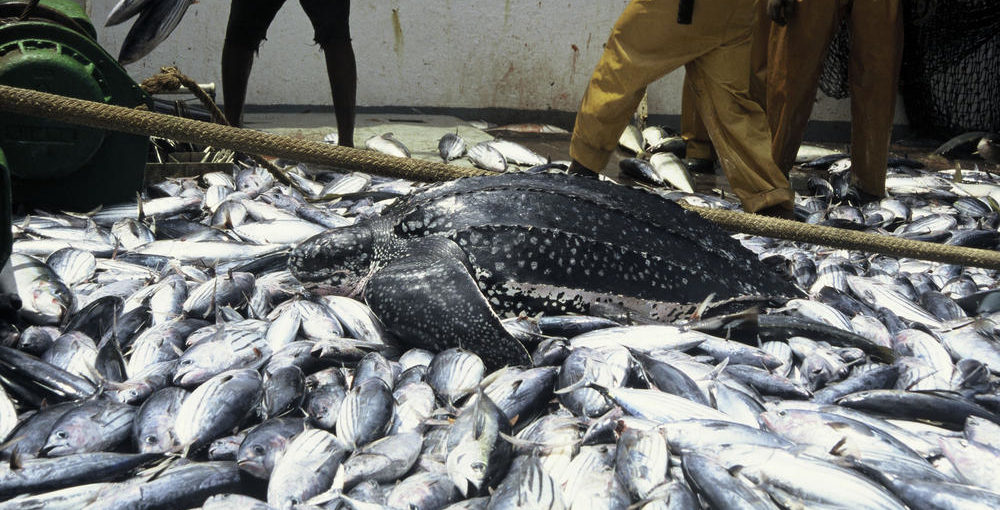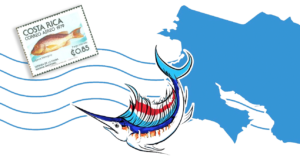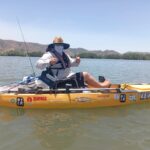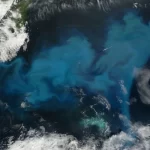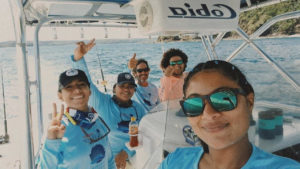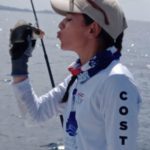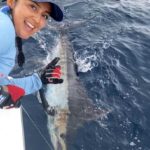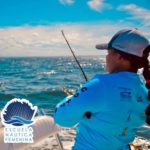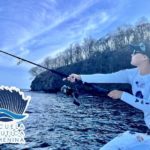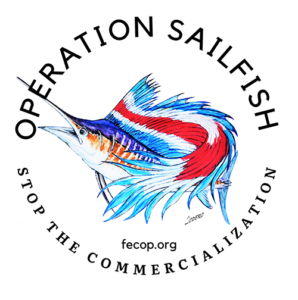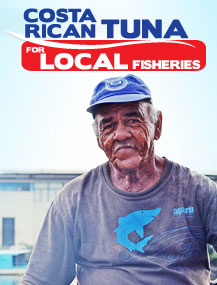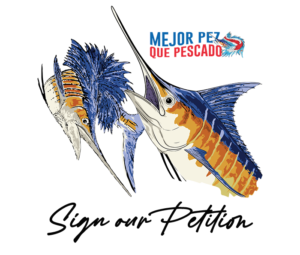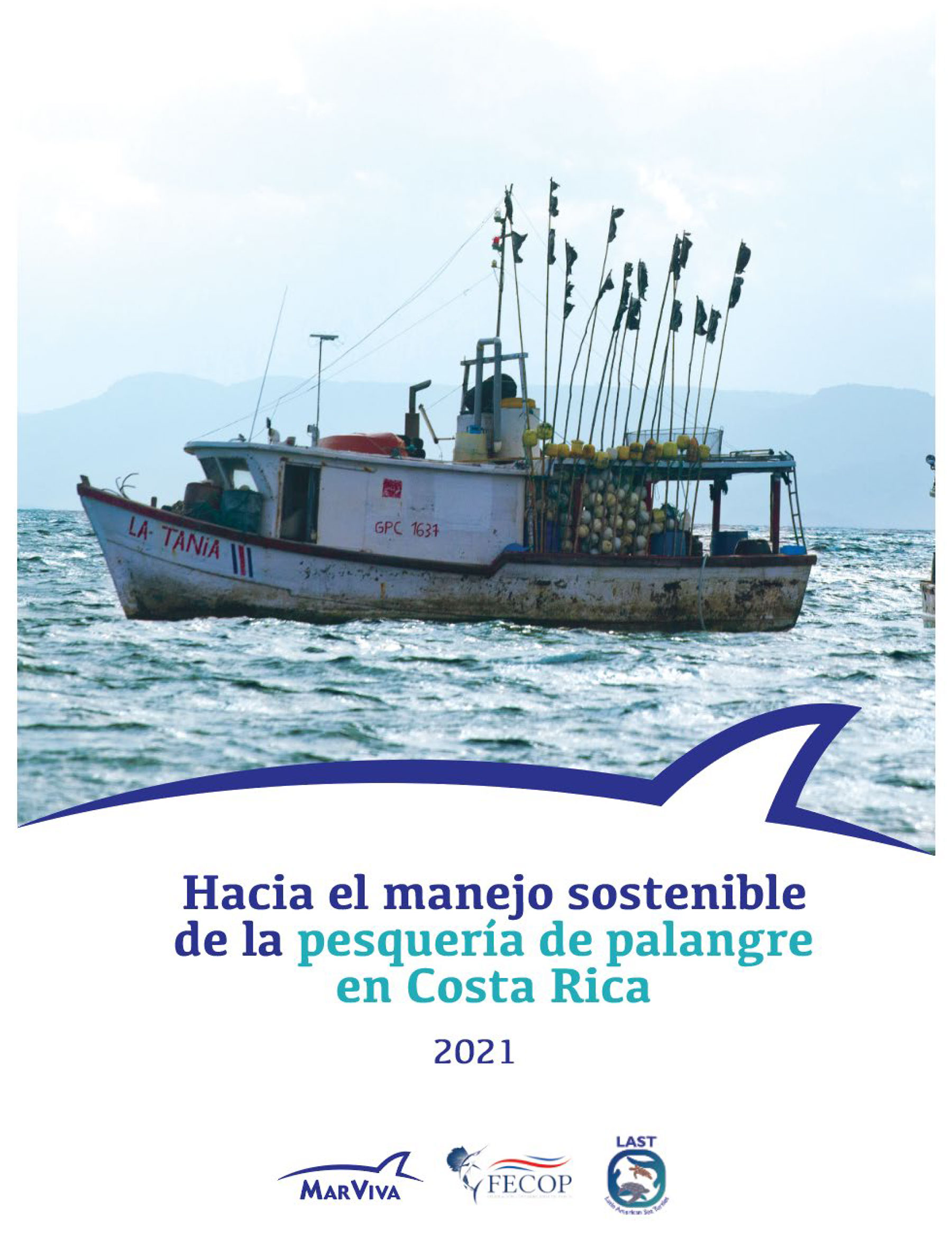Stop Illegal Fishing in Costa Rica
SIGN THE OFFICIAL PETITION BELOW!

Read the complete Petition
Dear representatives,
Presidency of the Republic
Legislative Assembly Ministry of Agriculture and Livestock
National Institute of Fisheries and Aquaculture
Ministry of Environment and Energy
Vice Ministry of Water and Seas
National Coast Guard Service
The situation of illegal fishing that is happening in our country is a serious problem that affects our marine resources, the national economy and that of our communities. It is for this reason that through this petition we request better controls and effective surveillance for foreign tuna fleets. Better penalization mechanisms for those who break the law of our country and exploit our resources indiscriminately. As well as support and prioritization for national fleets in the consolidation of sustainable tuna fishing in our territorial waters.
I support this request by registering my information on this petition.
Signature

It is estimated that up to 26% of tuna taken in Costa Rican territorial waters by foreign tuna purse seiners is unreported, taken illegally, never makes it to a Costa Rican port, and doesn’t benefit Costa Rica in any manner.
The tuna issue in Costa Rica is not new. A FECOP study in 2013 showed that Costa Rica tuna was being overexploited and the country was only benefiting $37 a ton from tuna captured here. FECOP presented a project “Tuna for Ticos” to President Laura Chinchilla and she signed the “tuna decree” at the tail end of her administration moving tuna seiners a total of 45 miles from the coast and protecting areas around sea mounts and Cocos Island. A total of 200,000 square kilometers of territorial was labeled for protection.
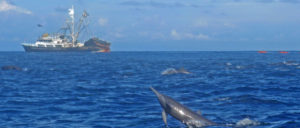
Luis Guillermo Solis delayed the passing of the decree when he succeeded Chinchilla as President but the “tuna decree” eventually went into effect in 2014. FECOP science in 2017 convinced the government to limit the number of licenses awarded to foreign vessels and ordered the tuna licenses reduced from 43 issued to 13. Evaluating past landing records this moved saved 25 tons of would have been marlin bycatch as well as sharks, turtles, dorado and marine mammals (mainly dolphin, since they have a symbiotic relationship with yellowfin tuna).
“Greenstick Fishing,” a method of trolling for tuna commercially with almost zero by-catch has been used by innovators in the commercial industry for some time here in Costa Rica. To make greenstick fishing legal in Costa Rica, technical studies were necessary and FECOP team with INA, and INCOPESCA to produce scientific and technical support and the greenstick license was approved in 2018.
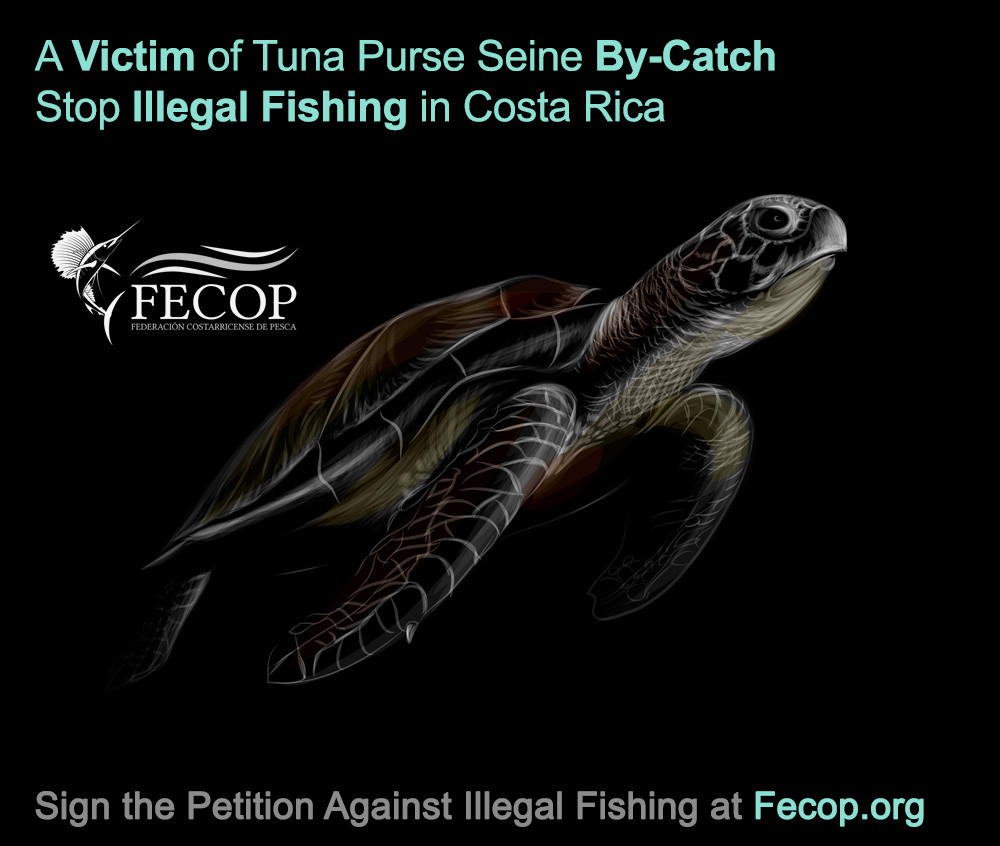
Inside the 45-mile protected zone the tuna resource has made an astounding recovery. FECOP recently met with representatives of the commercial longline fleet in Puntarenas and Quepos to discuss the tuna issue and fishing with greensticks and other more selective types of gear. Consumers of tuna are more aware now and fish caught in this manner and they have a better market price than tuna caught by other means.
 We heard the same in both places. There is still not enough tuna available to Costa Rican commercial fleets to make it viable and profitable to fish greenstick or pole and line, one by one tuna. They explained foreign fleets were taking most of the available tuna with little benefit to Costa Rica and illegal tuna boats were in fact stealing resources from Costa Rica. With all Costa Ricans working together, commercial, sport, ONG’s and the public, we can convince the government to look after its own and not give away our resource to foreign interests.
We heard the same in both places. There is still not enough tuna available to Costa Rican commercial fleets to make it viable and profitable to fish greenstick or pole and line, one by one tuna. They explained foreign fleets were taking most of the available tuna with little benefit to Costa Rica and illegal tuna boats were in fact stealing resources from Costa Rica. With all Costa Ricans working together, commercial, sport, ONG’s and the public, we can convince the government to look after its own and not give away our resource to foreign interests.
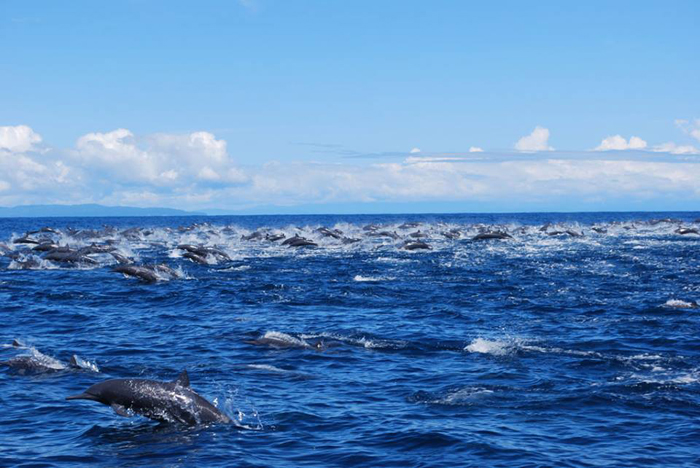
The long-term benefit will be more fish available for TICO fisherman. With that other fishing methods will be feasible, and less turtles, sharks, billfish, and marine mammals will perish in nets or by non-selective types of fishing.
Learn more:
Conservation International and Coastguard research, 100 vessels had suspicious fishing activities (2016-2017)
Carlos Manuel Rodriguez, Minister of Environment, declaring in radio show, 50 million of dollars lost each year to illegal fishing.
llegal fishing in Isla del Coco
https://www.crhoy.com/nacionales/pesca-ilegal-de-barcos-extranjeros-golpea-isla-del-coco/
Global fish watch map that report possible IUU activity within 45 miles (2015-Oct 2018) (Look in the left bottom corner a play bottom and click it)
http://globalfishingwatch.org/map/workspace/udw-v2-c855e0be-a356-4f99-bb2c-12f2c2cbde58

